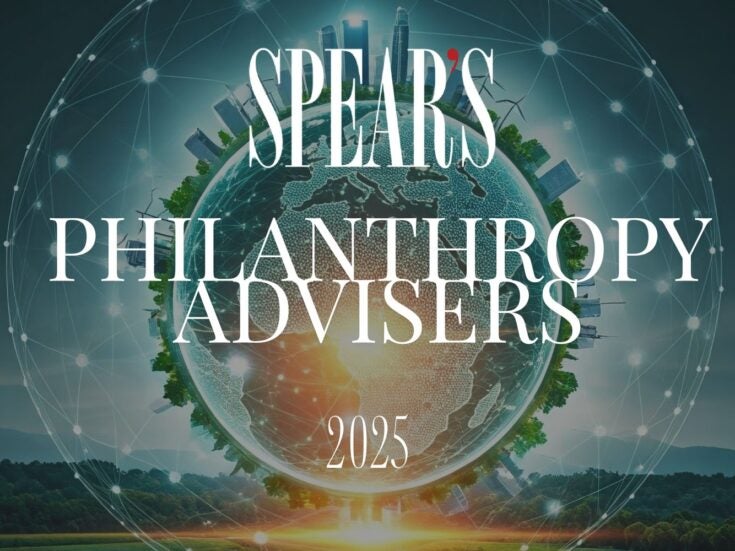
FCA’s recent crackdown on a money laundering operation spanning the Caribbean to the Mayfair art world shines a light on how unregulated the art market really is, write Rosalind Hetherington and Olivia Minghella
Art has been in the news again recently – but sadly for political and economic rather than for aesthetic reasons.
While a new record for sale at auction was set last November, estimates for the value of the global art market vary significantly. In 2016, for example, estimates for total sales varied between $45 billion and $56.6 billion. However, while precise valuations may prove difficult, it is clear that the market is by all accounts extremely valuable. One might consider, then, that the market would be subject to a wealth of regulation and controls, but this is not so: the art market is very lightly regulated.
This lack of regulation has not gone unnoticed. Last month, the Financial Conduct Authority declared the broker Beaufort Securities Limited to be insolvent, and the United States Department of Justice is also investigating the broker in respect of charges for conspiracy to commit securities fraud and money laundering. The US Attorney Richard Donoghue has been quoted as alleging that Beaufort ‘engaged in an elaborate multi-year scheme…and then worked to launder the fraudulent proceeds through offshore bank accounts and the art world, including the proposed purchase of a Picasso painting’.
One Beaufort employee, who has been charged personally by the US Department of Justice for his role in the scheme, appears to have been assisted by his uncle to launder the proceeds of the fraudulent trading. The said uncle, a Mr Aristodemou, is said to have suggested using the art market to launder the funds because it is ‘the only market that is unregulated’. The particular use of the art market involved the purchase and potential resale of a Picasso painting, ‘Personnages’, which was valued at £6.7 million. The transaction was halted, however, prior to the transfer of ownership taking place.
This is by no means the first instance of the ‘unregulated’ art market being used to launder the proceeds of crime. It perhaps does not come as a surprise, therefore, that various arguments have been put forward for increased regulation of the market, with calls for greater transparency in order to increase consumer protection and reduce risks of money laundering and any failure to comply with necessary tax regulations. In particular, concerns have repeatedly been raised about the fact that the ownership of a piece of artwork does not have to be disclosed to a purchaser.
As ever, these arguments are balanced by concerns to protect the privacy of both sellers and purchasers alike, for legitimate security reasons, as well as to prevent inevitably escalated costs associated with increased regulation. Some have expressed fears that investors will simply choose another market if their privacy and security are eroded by layers of regulation, although others have argued that regulation would have the opposite effect, improving investors’ confidence that they were investing in genuine and legitimate assets.
As many will be aware, the General Data Protection Regulation (GDPR) will come into force on 25 May 2018, and its reach will be extensive. Broadly, it imposes significant obligations on organisations in many different areas to obtain consent to use and retain data, and the art market will not be exempt. Given the general obscurity of the market, this will no doubt result in significant changes to conduct by dealers, galleries and auction houses. Will GDPR prove to be the gateway to a new wave of regulation for the market? Many will no doubt hope that it will, and in light of the Beaufort Securities scandal, it may just be that the government agrees.
Rosalind Hetherington is an associate at boutique private wealth law firm Maurice Turnor Gardner LLP. Olivia Minghella (trainee) also contributed to the writing of this blog






